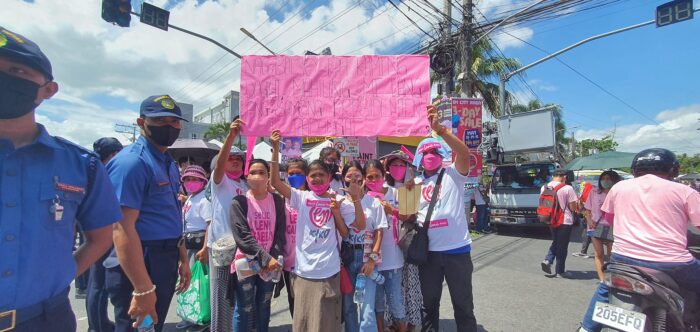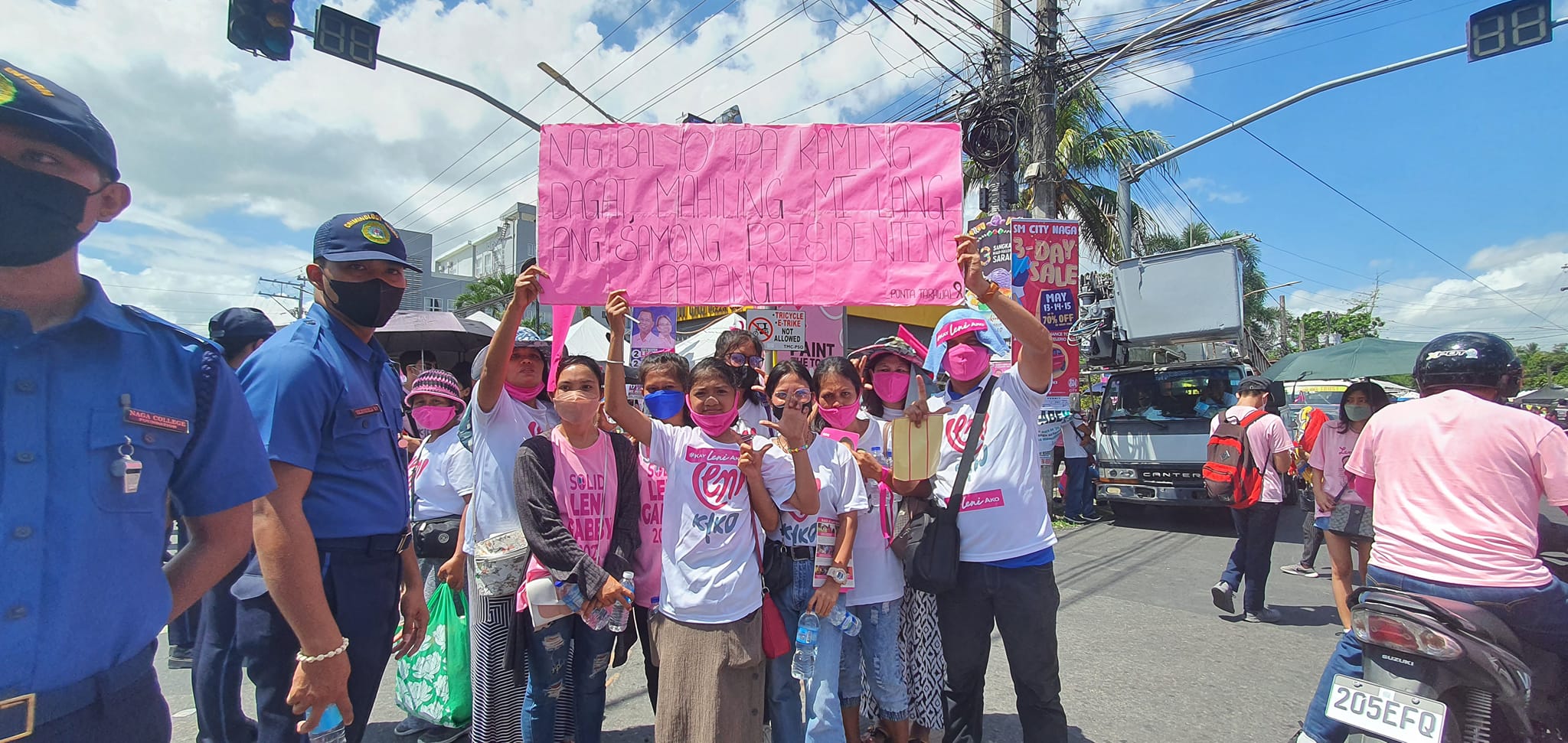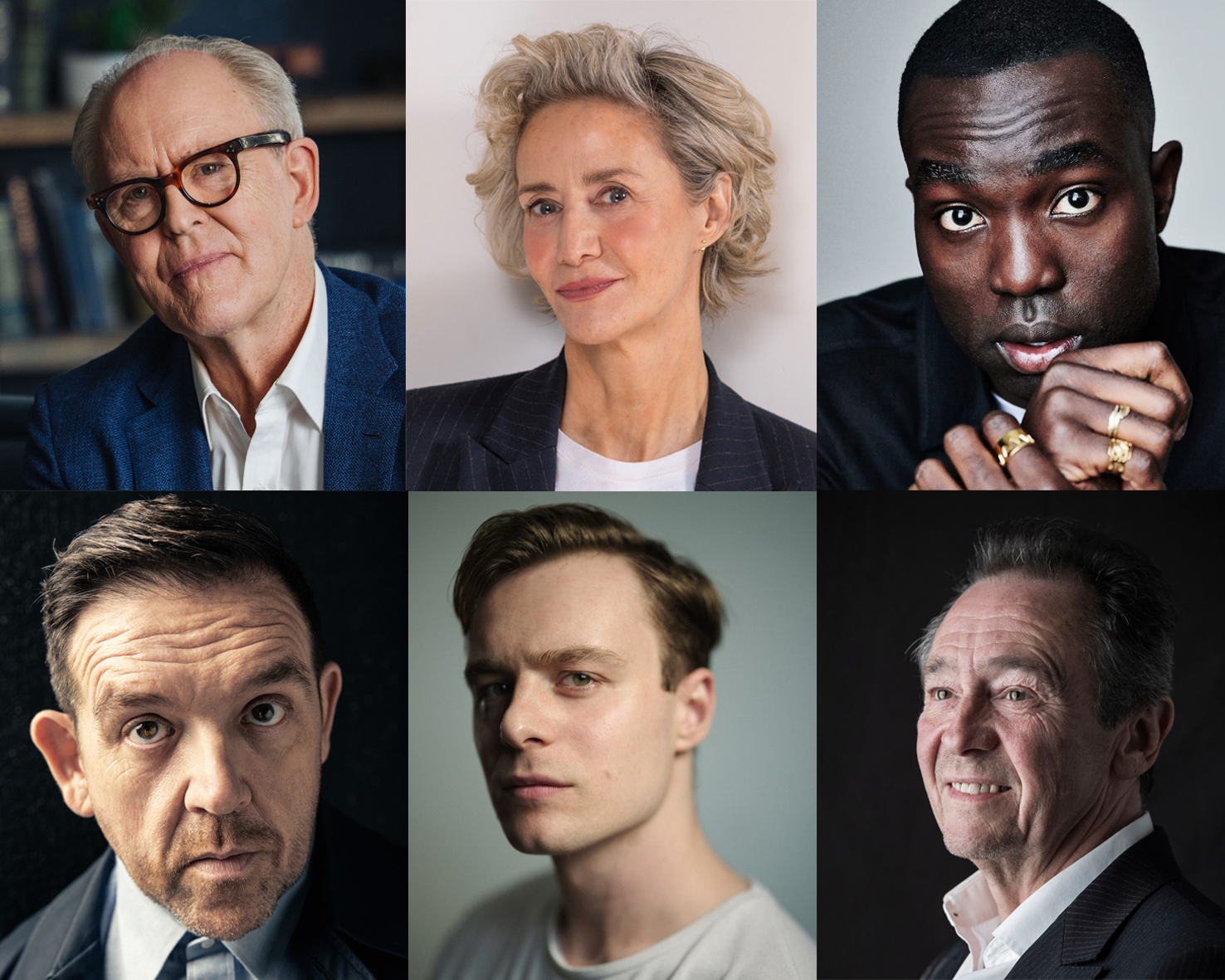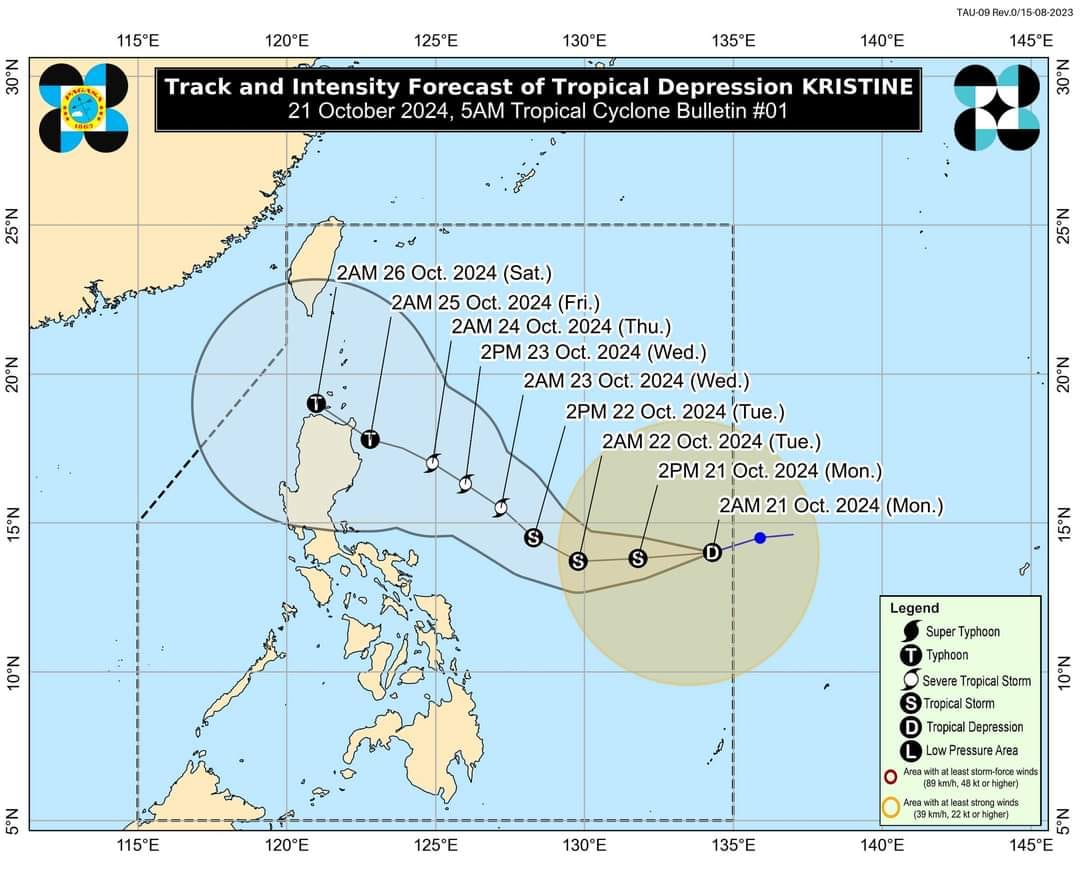NOTE: I wrote this way back in May. Sharing this now here in my blog because I’ve nowhere to put it. LOL.
Since they are there to give people a peek at a different or more interesting lifestyle while feeding unconscious desires to be famous, celebrities have a weird—but not surprising—relationship with those who idolize them. With the rise of influencer culture, they are, more than ever, engaged in imposing false consciousness to consumers by shamelessly leveraging their fame.
If one can harness this fame to promote consumer goods and services, surely it can also be used in other matters. And that’s what politics is doing with celebrities. Politicians have transformed people who are idolized due to their talents and looks into people who are ascendant towards the voting public by letting them give advice on things such as politics and governance. Celebrity endorsements of politicians, therefore is born. This has ensured popular culture’s all-powerful reign of imposing the ideological views of the dominant class to the working class.
The May 2022 elections did not run out of examples for this. During campaign sorties—most of which were either televised or streamed online through social media and video sharing websites—celebrities appeared on stage, but most of their presence only suppressed intellectual discussions—much like Theodor Adorno and Max Horkheimer’s (1973) criticisms of popular media during their time.
But is the phenomenon of celebrities having something to do with politics something new? I would argue there is nothing farther from the truth. We can go as far back as the time of Plato, although the definition of a celebrity by then obviously were not people who appeared on screens. Celebrities instead were celebrated authors and poets such as Homer, whose texts have been studied on and interpreted by scholars as sources of wisdom and allegories. In other words, his works were not just of moral significance, but also of political significance (Lamberton, 2010). The blind poet’s celebrity status was very much like that of contemporary authors like Dave Eggers, Barbara Kingsolver, or Junot Diaz to Barack Obama. But not everyone was a fan.
In his “The Republic,” the Athenian philosopher Plato criticized Homer—or the Greek fascination with Homer—because of the kind of education that “Illiad” and the “Odyssey” were contributing to society.
For Plato, since Homer wrote extensively about various topics such as politics, military strategy, and education, it was just right to cross-examine the poet and ask whether or not he had the experience to write about these matters. Plato wrote,
“And so, when we hear persons saying that the tragedians, and Homer, who is at their head, know all the arts and all things human, virtue as well as vice, and divine things too, for that the good poet cannot compose well unless he knows his subject, and that he who has not this knowledge can never be a poet, we ought to consider whether here also there may not be a similar illusion… We have a right to know respecting military tactics, politics, education, which are the chiefest and noblest subjects of his poems, and we may fairly ask him about them.”
Plato, ca. 370 BCE/2008
Plato saw a problem with Homer’s work and celebrity status being linked to education and being taken as an advice by the common Greeks because for him, if Homer never did some public service during his time, why was he to be taken seriously in his epics (Payne, 2010). It is important to note that Plato was not just a critic of Homer, but of poets or fiction writers in general (in today’s context, that includes not just poets but also novels, films, and television shows) because he said that plays “persuade you using emotion, not logical argument” (Carneades.org, 2020). Plato, if he were alive today, would therefore be more of a fan of documentaries and editorials rather than biopics, novels, or comics. The poets’ or the fictional writers’ aim, for Plato, is to find a way to convince people about something, and not to merely discuss the truth. And we cannot blame Plato on this kind of worry. Drama has been used in propaganda when the truth can be easily just be exposed or defended.
Since the third century BCE, our definitions of celebrities have changed multiple times, but their roles have not changed. Celebrities, are still “manufactured” and used by the masses to feel good about their choices, or their education, or the way they consume material things.
In his book “Seeing Stars: Spectacle, Society, and Celebrity Culture,” Pramod K. Nayar defines clearly what our culture has been doing with celebrities.
“Celebrities are materials to be branded and sold. Fame is a manufactured product, manufactured in and by the mass media for public consumption”
Nayar, 2009
This is true both in our consumer culture and—much like with Homer and his epics—the relationship of fame and politics.
If celebrities are not themselves running for a public position, they instead share the same stage with the politicians that they endorse. During the elections outgoing senators and running mates Panfilo Lacson and Tito Sotto shared stages with Vic Sotto, Jose Manalo, and Wally Bayola, to name just a few. Senator Manny Pacquiao had the support of Freddie Aguilar and Bianca Manalo. The opposition tandem of Vice President Leni Robredo and Senator Kiko Pangilinan was the choice for celebrities such as Jim Paredes, Pokwang, Enchong Dee, Bodjie Pascua, Angel Aquino, Gary Valenciano, Robi Domingo, Angel Locsin, Ogie Alcasid, Regine Velasquez, the Buencaminos, Nadine Lustre, and bands such as Ben & Ben, Rivermaya, and Chicosci. Francisco “Isko” Moreno Domagoso had the support of controversial Duterte appointee and former sexy actress Mocha Uson; models Arriane Bautista, Keana Louise de Leon, and Christine Samson; and social media influencer Jericho Arceo. Former Senator Ferdinand Marcos Jr. and Davao City Mayor Sara Duterte (the two who emerged victorious after May 9), were endorsed by Toni Gonzaga, Karla Estrada, Andrew E., Randy Santiago, Lyca Gairanod, Nora Aunor, Aiko Melendez, Roderick Paulate, and the bands Silent Sanctuary, Aegis, Hale, and South Border. Many of these individuals and bands have no background whatsoever in public service.
This trend of stars endorsing presidents can be traced back to the 1920s in the United States. The Republican candidate Warren Harding was endorsed by vaudeville-turned-silverscreen artists who were members of the Harding-Coolidge Theatrical League (Morello, 2001). The stars were doing what Filipino celebrities have been doing in elections then and now—campaigning nationwide and even marching with bands to attract their avid fans. These fans take their idols seriously rather than the issues that confront the country as a whole.
In their “Dialectic of Enlightenment,” Adorno And Horkheimer (1973) insist that when consumers fall victim to the capitalist production, and as they take the morality imposed on them more seriously rather than they do with the dominant class, the myth that they are themselves successful has been successfully encultured to them. Left with nothing else to focus on other than the cult of celebrity, consumers concentrate instead on looking like the celebrities, or feeding on the perception that they are significant because they have the same taste as their celebrity idols. The value of the product then becomes secondary only to the feeling of owning something, or supporting something, endorsed by a famous person.
Nayar has a word for when the consumer associates a product (in this case a politician) to the quality of the person doing the endorsing—“transferred celebrity.” Consumers develop some kind of affinity with the celebrities that they frequently see on television or on big screens, or listen to on the radio or Spotify, or whose content they come across with on social media. It is this very affinity that the politicians use to gain traction in their campaign sorties. If the celebrity one idolizes is actively promoting the presidentiable or vice presidentiable, the fan is less likely to guilty about having the same choice for candidate to support.
The result is something not everyone reflects on much. If somebody supports politicians because of the endorsers associated with them, the intellectual discussion on whether or not the politician truly is fit for the job is not the priority consideration. The individual is not engaged in the political nor the social milieu. But were there instances that this happened?
There were, in fact, a lot. But in many cases, the media seems more guilty rather than those attending the sorties. And nowhere was that more apparent than in the headlines. While the media can focus on what really matters, i.e. the candidates’ platforms, their history of serving (or not serving) the public, or the issues that they must face, headlines instead focused on celebrity names who have pledged to join the sorties. Manila Bulletin, for example, published an article headlined “Donny Pangilinan to join uncle Kiko’s campaign trail soon.” The article’s focus on Donny Pangilinan, who has no role other than to make fans shudder, has buried Kiko Pangilinan’s supporter’s thoughts on the vice presidential candidate.
Only in the fifth paragraph of the article did it mention that celebrities like Donny Pangilinan actually do not matter to supporters, as exhibited by this quote from a certain Paulina Badoy, a 19-year-old marketing student from Ateneo de Davao (Unite, 2022):
“The reason why we love Senator Kiko is because we see him as the future vice president. He is for the people. We see and sense his love for all — poor, rich, and middle class.”
Paulina Badoy
So if the media is guilty of giving more focus on the celebrities rather than actual issues that must be given more air time or more space on newspapers, perhaps the answer lies in another theory, but this time from Noam Chomsky and Edward Herman. At least two of their five media filters were clearly in the works here. The second filter, which is the need for advertisers, leaves them with no other choice but to write what matters more to the reading public. The public cannot be given the sole blame here because given the choice, I reckon they would instead choose to read articles that offer answers to burning questions regarding the elections. The third filter, the media’s reliance on famous or regular sources, results to only getting the information that their sources want them to air, which, and it is obvious by now, is aimed to attract attendees in sorties. This mindset of using candidates as baits insults the masses and the media sources don’t seem to mind insulting them every day.
Which leaves us to ponder on how to better transform sorties if we are to ditch our reliance on celebrities that do not offer any intellectual, social, or political value to these events. Songs are nice intermission numbers, but in the future, we better demand more conversations with these candidates, and what better way to do that than to invite members of each sector, especially the marginalized, to air their grievances a la townhall meeting. What a shame that the Leni Robredo camp was only able to do this before the start of the campaign period, but I have to applaud them for giving the audience a glimpse of what it will be like. In a visit in Daraga town in Albay on Oct. 28, 2022, there were no celebrities and no fanfare. So who was on stage? It was Robredo on a sofa sitting across representatives from the youth sector and the persons with disability (PWD) community. She was engaged in a lively conversation on what kind of presidency she wants to have. This sort of discussions must be replicated.

Her sorties would have been a nice platform for the voices such as these residents of Punta Tarawal in her home province. Punta Tarawal residents had to cross the sea to show their support to Robredo who helped the residents ease their worries during typhoons.
“It is important for us to show our support to VP Robredo because she helped our village by funding a breakwater project,” Village Councilor Jayson Veri, 45, said. “Before, when there is a typhoon, we have to evacuate. Now, our minds are at ease because of that.”
Veri and the rest of the Punta Tarawal residents, however, were not invited to the stage.
In another sortie, a month before the elections, Kiko Pangilinan had a moment with Pampanga farmers. That was a wonderful moment for both him and the farmers that he was able to help. Getting the endorsement of farmers, whose lives are affected by the economic conditions some of us only hear or read about, should have meant more than getting celebrity endorsements.
This way, what is heard is the public rather than people who have nothing else to offer but talents, looks, and their ability to shout shallow remarks through the microphone.
References:
Adorno, T. & Horkheimer, M. (1973). Dialectic of Enlightenment. (Herder & Herder, Trans.) Verso.
Carneades.org. (2020, June 15). Why Plato Hates Poetry (Aristotle’s Poetics) [Video]. YouTube. https://www.youtube.com/watch?v=C6VAXDtL1Zg
Lamberton, R. (2010). Homer. In Grafton, A., Most, G.W., & Settis, S. (Eds.). The Classical Tradition. P. 449-52. The Belknap Press of Harvard University Press.
Morello, J.A. (2001). Selling the President, 1920: Albert D. Lasker, Advertising, and the Election of Warren G. Harding. (1st ed.). Praeger Publishers.
Nayar, P. (2009). Seeing Stars: Spectable, Society, and Celebrity Culture. (1st ed.). SAGE Publications India Pvt Ltd.
Payne, T. (2010). Fame: What the Classics Tell Us About Our Cult of Celebrity. (1st ed.). Picador.
Plato. (2008). The Republic. (B. Jowett, Trans.) The Project Gutenberg Ebook of Plato’s Republic. https://www.gutenberg.org/ebooks/55201 (Original work published ca. 370 B.C.E.)
Unite, B. (2022, March 15). Donny Pangilinan to join uncle Kiko’s campaign trail soon. Manila Bulletin. https://mb.com.ph/2022/03/15/donny-pangilinan-to-join-uncle-kikos-campaign-trail-soon/





